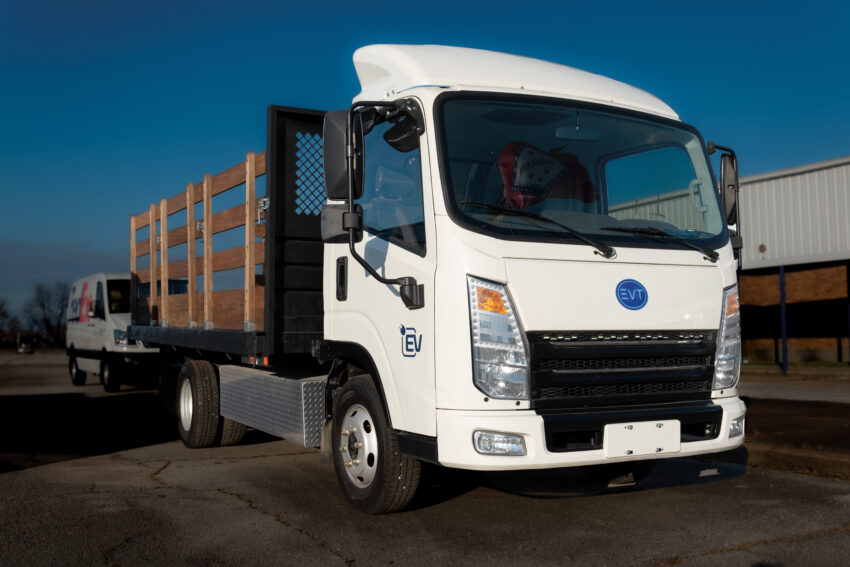Now is an excellent time for commercial logistics and delivery fleets to transition to zero-emission electric vehicles (EVs) including vans, trucks, and specialty vehicles instead of traditional gas or diesel-powered alternatives.
Electric vehicles (EVs) can significantly reduce operational costs, making them ideal for high-mileage commercial fleets like transport and delivery services. Fuel costs, a major expense in urban delivery routes characterized by frequent stop-and-go traffic, are considerably reduced with EVs. Additionally, EVs require minimal maintenance due to their simpler design with fewer moving parts and the absence of a combustion engine or oil. Another advantage is their ability to reduce noise pollution, making them an ideal choice for densely populated areas.
Currently, substantial financial incentives, which offset a large portion of the initial purchase price of an EV, are playing a crucial role in accelerating the transition to electrification.
“Today, there is increasing demand across the United States to electrify delivery fleets, spurred by incentives at the state and federal level,” says Jason Maddox, President of Envirotech Vehicles. Envirotech is a provider of new zero-emission, purpose-built electric vehicles for commercial and last-mile delivery fleets, school districts, public and private transportation service companies, colleges, and universities.
Noteworthy incentive programs include California’s Hybrid and Zero-Emission Truck and Bus Voucher Incentive Project (HVIP), which offers significant rebates on the base vehicle ranging from $20,000 to $240,000 depending on the type of vehicle purchased.
The New Jersey Zero Emission Incentive Program (NJ ZIP) offers vouchers towards the purchase of new, zero emission vehicles ranging from $20,000 to $175,000, depending on the class of vehicle. NJ ZIP is a $90 million voucher pilot launched by the New Jersey Economic Development Authority (NJEDA) for medium and heavy duty zero-emission vehicles.
Maddox adds that Texas, New York, Oregon, Washington, and Colorado are among the states also offering rebates for commercial EVs. Additionally, countries like Canada provide a range of subsidies and incentives to support similar initiatives.
The advantages of electrifying commercial fleets combined with these incentives are spurring early interest and orders. As an example, Osceola, Arkansas based Envirotech announced in January 2025 that it has taken orders for vehicles for customers that have been awarded vouchers under the New Jersey Zero Emission Incentive Program.
U.S. based manufacturers like the electric vehicle OEM have moved beyond concepts and early prototypes to full production.
Like the most popular consumer electric vehicles, the OEM’s vehicles utilize a combination of aluminum for the body and high-strength steel in its construction. Aluminum reduces vehicle weight significantly, which means less energy is required to move the bus and increases vehicle range. A lighter vehicle also enhances acceleration, braking, and handling. The aluminum body is 95% recyclable, much like a large soda can.
To support the substantial financial incentives now available across the country, the OEM offers a variety of electric delivery vans and truck types that accommodate a range of delivery and logistics requirements and environments.
For more information, visit https://evtvusa.com/, email merrick@evtvusa.com, or call (870) 970-3355.

